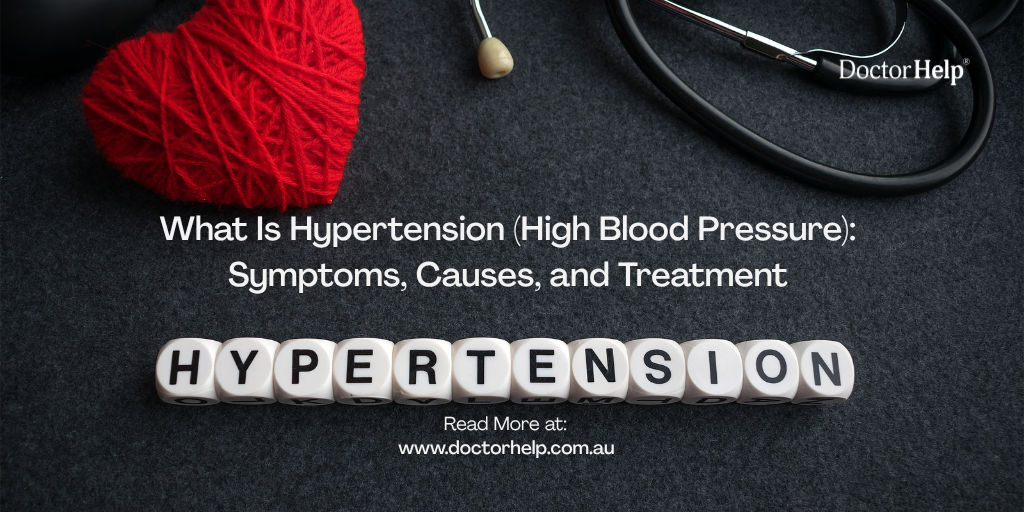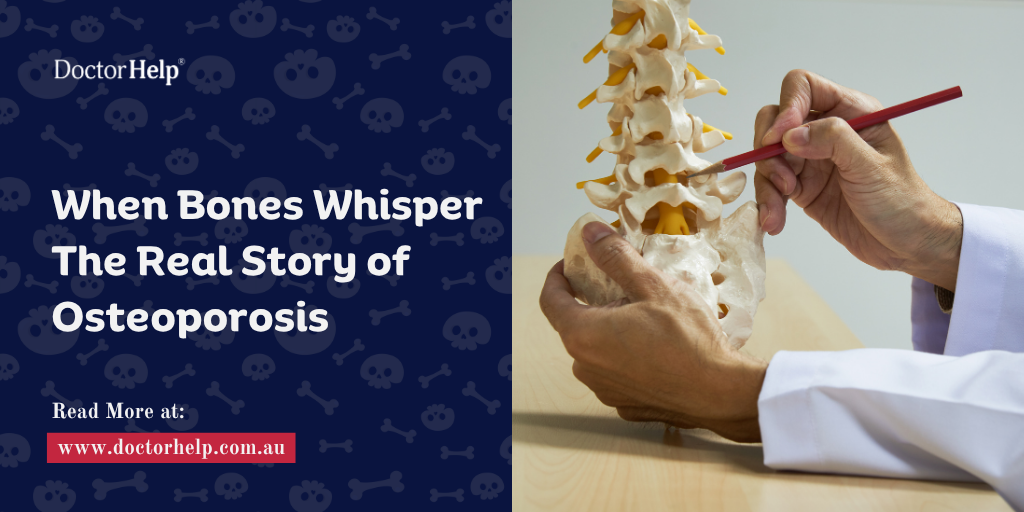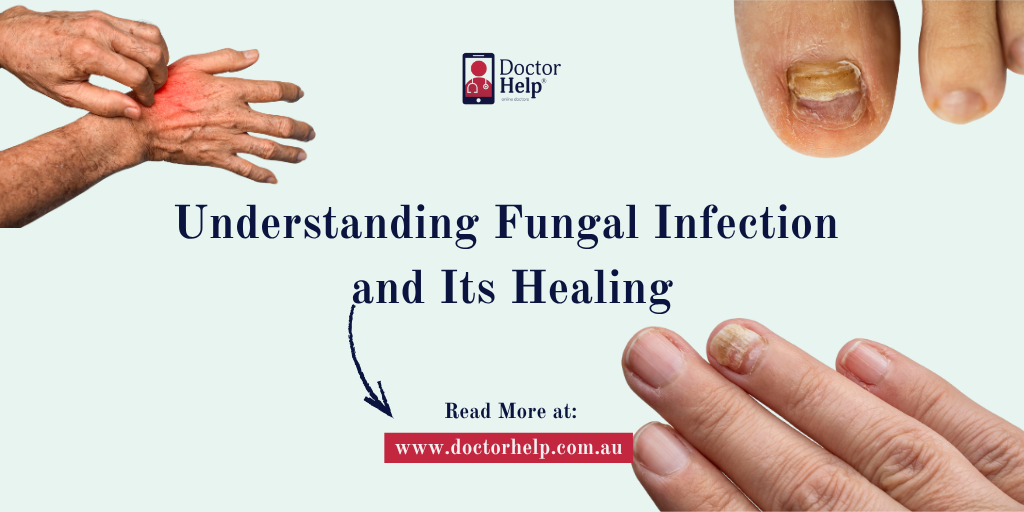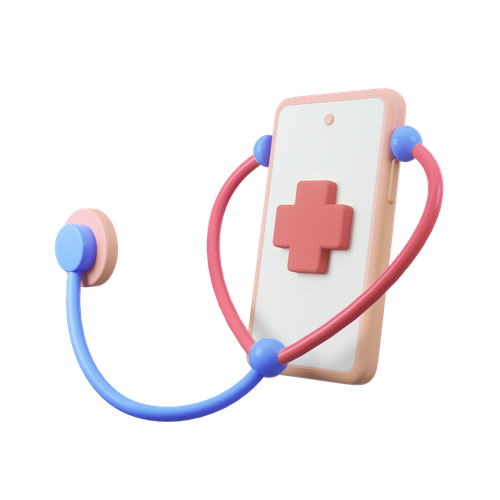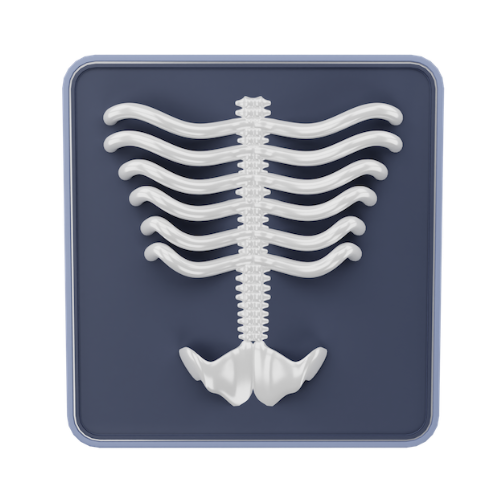Table of Contents
Let’s be honest: talking about our mums isn’t always easy. Especially when your childhood didn’t feel warm and fuzzy. Maybe she was around, but somehow… not really there. You could see her, hear her, but emotionally, it was like she lived behind glass.
That quiet ache? That’s what people often describe as cold mother syndrome. It’s not some fancy medical term, just a way of naming what it feels like to grow up with the emotionally absent mother, a parent who couldn’t offer the comfort, warmth, or reassurance a child craves.
And it stays with you. It seeps into your relationships, your self-worth, even the way you talk to yourself. But here’s the hopeful bit, you can absolutely heal. You can break the pattern. You can learn to give yourself the love you didn’t get back then.
What Is Cold Mother Syndrome Anyway?
Cold mother syndrome isn’t a diagnosis you’ll find in a medical handbook, but it’s a real emotional experience for a lot of people. It’s what happens when a child grows up without enough emotional connection, which can affect your mental health and how you handle emotions later on.
Now, before we start blaming anyone, most “cold” mums aren’t heartless. Many of them are dealing with their own mental health issues, stress, or even unresolved childhood trauma. Maybe they were taught to bottle things up, to “get on with it.”
The problem is, when love is distant or inconsistent, kids learn to cope by shutting down their own feelings. They grow up thinking, “I shouldn’t need too much.” And that quiet survival skill? It follows you into adulthood.
How It Shows Up Later in Life
Maybe this sounds familiar. You’re doing fine on the outside, good job, decent friends, maybe a partner who really tries but deep down, something always feels… off.
You might:
- Struggle to open up, even with people you trust
- Feel a bit numb, like your emotions have an on/off switch
- Overwork or overgive just to feel “enough”
- Second-guess yourself, even when things are going well
- Crave closeness, but freak out when it gets real
That’s cold mother syndrome in action, the long shadow of the emotionally absent mother. The kids who experience emotional neglect often end up with lower self esteem, difficulty trusting others, and anxiety about relationships.
But none of that is your fault. You were just trying to survive in an environment that didn’t feel emotionally safe.
The Ripple Effect Nobody Talks About
The thing about emotional neglect is that it doesn’t just stay in the past, it keeps replaying how you relate to others. Maybe you crave connection but push it away. Maybe you tell yourself you’re “too much” when you have feelings.
And that’s exhausting, isn’t it?
Here in Australia, more and more people are turning to telehealth therapy to untangle these patterns. It’s private, it’s convenient, and it can be just as effective as sitting in a therapist’s office. Research has found that telehealth counselling helps people work through childhood trauma and emotional neglect just as successfully as in-person sessions.
Sometimes, just being able to talk; openly, without judgment, is the first real moment of healing.
Where It All Begins
It’s easy to stay angry, to see your mum as cold or uncaring. But sometimes, that distance comes from her own pain. Many mothers who struggle to connect emotionally grew up with parents who did the same. It’s a cycle that just keeps spinning unless someone decides to break it.
Generationally, a lot of Aussie families prized toughness and practicality over emotional expression. “Keep your chin up.” “Don’t make a scene.” It sounds harmless, but it teaches kids to hide their feelings. And that’s how cold mother syndrome takes root.
Understanding this doesn’t erase your hurt, but it can soften it. You start to see that your story is part of something bigger and that means it can be rewritten.
Read: The Impact of Depleted Mother Syndrome: A Guide
How to Start Healing
Healing from cold mother syndrome isn’t about blaming the past; it’s about reclaiming your present. It’s about learning that you deserve warmth, love, and safety with no conditions attached.
1. Talk to Someone Who Gets
Therapy can help you unpack years of silence. Talking to a professional who understands mental health issues and childhood trauma can be life-changing.
With telehealth, you can connect with a qualified therapist anywhere in Australia, from your couch and on your own terms.
2. Learn to Feel Again
If you grew up with the emotionally absent mother, you probably learned to stuff down emotions just to cope. Try journaling. Go for a walk and actually notice how you feel. Practice self-awareness as part of daily mental health care. You don’t need to force it. That’s where it starts.
3. Rebuild Your Self-Esteem
Emotional neglect can chip away at self esteem, making you feel like you’re never enough. But you are. Every small step you take to understand yourself is an act of healing. Be gentle with yourself, that’s the part your inner child never got enough of.
4. Find Real Connection
Healing happens in relationships, the healthy kind. Friends, partners, or even online communities where you feel seen and safe. Connection re-teaches your brain that closeness doesn’t have to hurt.
When to Reach Out
If you’ve been stuck in a cycle of numbness, low self-esteem, or constant anxiety, it might be time to reach out. Healthdirect reminds us that seeking help is one of the most powerful things you can do for your wellbeing.
Telehealth therapy gives you that space, confidential, judgment-free, and available wherever you are. Because you deserve to talk about it, to be heard, and to start feeling whole again.
You Can Break the Cycle
Just because love felt cold once doesn’t mean it always will. You can learn warmth. You can give it to yourself and others in ways you never received.
The emotionally distant pattern ends with you. And that’s something truly powerful; choosing to rewrite your story, to build relationships rooted in care, not fear.
If this hits home; if you’ve recognised yourself in these words, maybe it’s time to start healing for real.
Our caring Australian telehealth professionals are here to help you work through cold mother syndrome, explore childhood trauma, and rebuild your self esteem with empathy and understanding. Book a confidential online consultation today because everyone deserves a love that feels warm, especially from themselves.
References:
- Peterson, S. (2018, June 11). Effects. The National Child Traumatic Stress Network.
https://www.nctsn.org/what-is-child-trauma/trauma-types/complex-trauma/effects - Holland, K. (2021, October 21). Childhood Emotional Neglect: How it can impact you now and later. Healthline.
https://www.healthline.com/health/mental-health/childhood-emotional-neglect - Racine, N., Hartwick, C., Collin-Vézina, D., & Madigan, S. (2020). Telemental health for child trauma treatment during and post-COVID-19: Limitations and considerations. Child Abuse & Neglect, 110, 104698.
https://doi.org/10.1016/j.chiabu.2020.104698 - Healthdirect Australia. (n.d.-b). Good mental health. Healthdirect.
https://www.healthdirect.gov.au/good-mental-health


